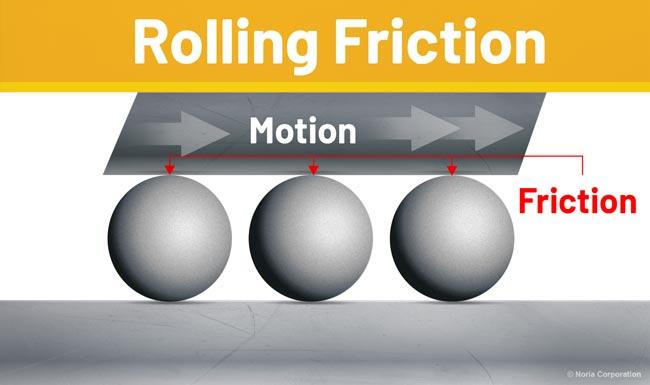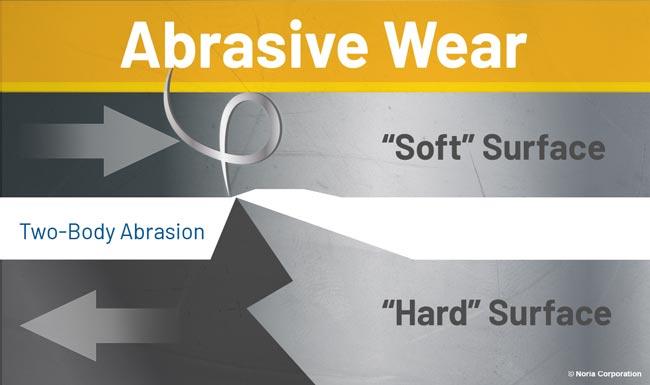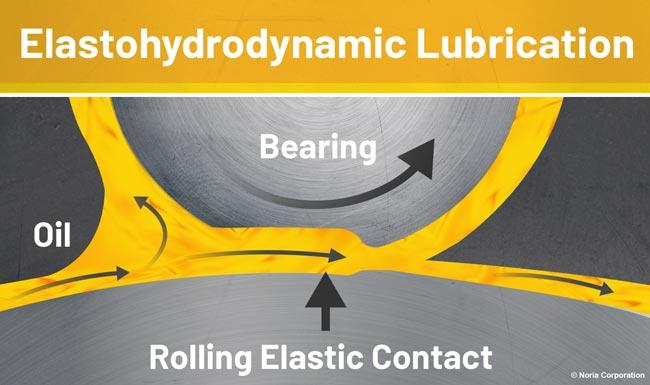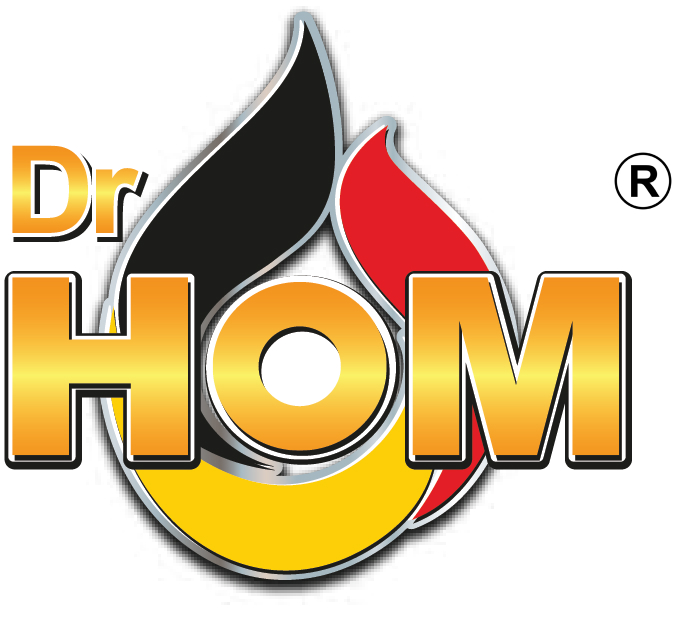Tribology Technology Germany
Tribology is the science and engineering of interacting surfaces in relative motion.
About Tribology
Tribology is the science and engineering of interacting surfaces in relative motion. It includes the study and
application of the principles of friction, lubrication and wear. Tribology is highly interdisciplinary, drawing on many
academic fields, including physics, chemistry, materials science, mathematics, biology and engineering. People
who work in the field of tribology are referred to as tribologists.
The fundamental objects of study in tribology are tribosystems, which are physical systems of contacting
surfaces. In lubricated tribosystems, contact stress can create tribofilms. Subfields of tribology
include biotribology, nanotribology, space tribology and tribotronics.

Friction
Friction is the resistance to relative motion between two bodies in contact. It is not a material property but a system property. Scientists believe it occurs due to the electromagnetic attraction between charged particles in two surfaces that are touching.
Wear
Wear is the gradual removal, damaging or displacement of material at solid surfaces. When it comes to wear, the common types are:


